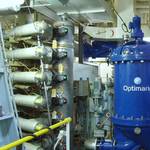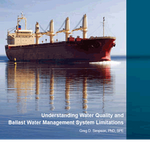
Posted to Maritime Reporter
(
by
EcoChlor )
on
March 25, 2019
Trade routes and operating conditions determine the most effective Technology for your vessel.
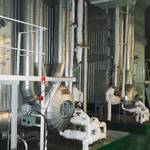
Posted to Maritime White Paper
(
by
DNV GL )
on
September 5, 2019
Zero avoidable in-service boiler defects after the first five-year class period: The DNV GL class notation BMON, first introduced in 2012, provides shipowners with a reliable means to avoid deficiencies and costly downtime.It all boils down…
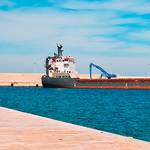
Posted to Maritime Reporter
(
by
DNV GL )
on
May 28, 2019
The DNV GL class notation QUIET, to be launched on 1 July 2019, addresses the external noise emitted from a vessel that is either berthed in port, idle or in working condition. Ensuring the practicality of measurements is a priority for DNV GL.
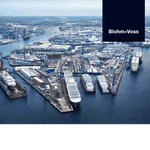
Posted to Maritime Reporter
(
by
Blohm+Voss )
on
March 24, 2019
Ship repair, class renewal and conversion of passenger and commercial ships in Hamburg, Germany.
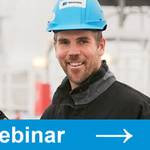
Posted to Maritime White Paper
(
by
Roxtec )
on
February 13, 2019
Learn how to secure transits in marine and offshore environments. Sign up today!
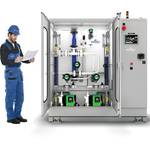
Posted to Maritime Reporter
(
by
Ecochlor )
on
January 6, 2019
When choosing a ballast water management system, Ole Christian Schroder, Director of Environmental Compliance, Scorpio Group prioritized, “compliance, safety and reliability” as the key factors in his decision for their fleet of product tankers.
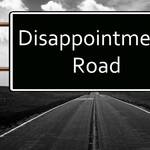
Posted to Maritime Reporter
(
by
Optimarin )
on
October 7, 2018
Are you having a nightmare with your existing BWT system? It may not be much of a consolation, but you’re not suffering alone…
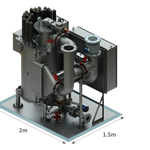
Posted to Trojan Marinex
on
May 5, 2017
The Trojan Marinex Ballast Water Treatment (BWT) system (already up to 50% smaller than others in the industry), now includes inline lamp drivers, enabling a substantial reduction in cabling and electrical panels. With this innovation, total system footprint has been further reduced by up to 30%.
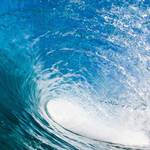
Posted to RSC Bio Solutions
on
August 30, 2016
RSC Bio Solutions, a global leader in environmentally acceptable lubricants (EALs) and cleaners, will launch a new revolutionary product line of sustainable lubricants at SMM 2016 in Hamburg, Germany. These new products have the potential to improve operational efficiency…
Posted to RSC Bio Solutions
on
August 29, 2016
What is an EAL?Environmentally Acceptable Lubricants (EALs) are defined by the EPA as offering these three characteristics. First, they must be “biodegradable” - biodegrading into carbon dioxide and water by ≥ 60% or more within 28 days (according to OECD 301B or ASTM D7373 methods).
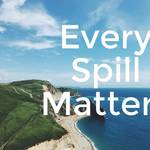
Posted to RSC Bio Solutions
on
August 25, 2016
There is growing concern regarding the environmental impact and associated costs of petroleum based fluid discharges. Petroleum is persistent and toxic. It damages living organisms including plants, animals and marine life for many years. While…
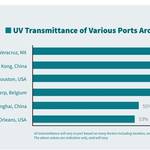
Posted to Trojan Marinex
on
April 28, 2017
There is a long track record of utilizingUV disinfection to treat wastewater, and,in most cases, wastewater is of poorerquality or lower UV transmittance (UVT)than ballast water. UV can treat extremelyturbid ballast water, as long as the systemis engineered to the highest of standards.
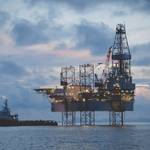
Posted to RSC Bio Solutions
on
September 27, 2016
According to original equipment manufacturers and tribologists, the number one cause of hydraulic system failure is water contamination. The presence of water in the system builds a corrosive environment, which shortens the life of the pump or other equipment.
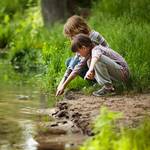
Posted to RSC Bio Solutions
on
September 21, 2016
Even among the most environmentally-friendly companies, it’s all too common a question: “Is one leak really that big of a deal?” The answer is a resounding and definitive—YES. This question is especially pervasive in land-based operations,…
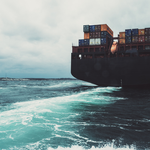
Posted to RSC Bio Solutions
on
September 18, 2016
In order to reduce changeover intervals and extend the life of your equipment, implement an oil analysis program, which is a great benchmark to evaluate your lubricant’s effectiveness.

Posted to RSC Bio Solutions
on
September 13, 2016
RSC Bio Solutions’ FUTERRA is an environmentally acceptable lubricant (EAL) made from a renewable base oil derived from plant matter. FUTERRA was developed to address industry demand for enhanced sustainability combined with superior performance in critical areas such as hydrolytic stability…
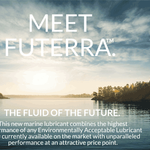
Posted to RSC Bio Solutions
on
September 11, 2016
The first and only product of its type, RSC FUTERRA is a new Ecolabel-certified EAL that combines the highest performance of any EAL currently available on the market with an attractive price point for performance against other EALs.The only EAL from a renewable hydrocarbon resource…
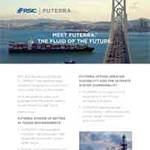
Posted to RSC Bio Solutions
on
September 6, 2016
RSC Bio Solutions, a global leader in environmentally acceptable lubricants (EALs) and cleaners, announced the launch of FUTERRA™, a new revolutionary product line of bio-based lubricants. The only hydrocarbon renewable EAL derived from a plant-based material…



















